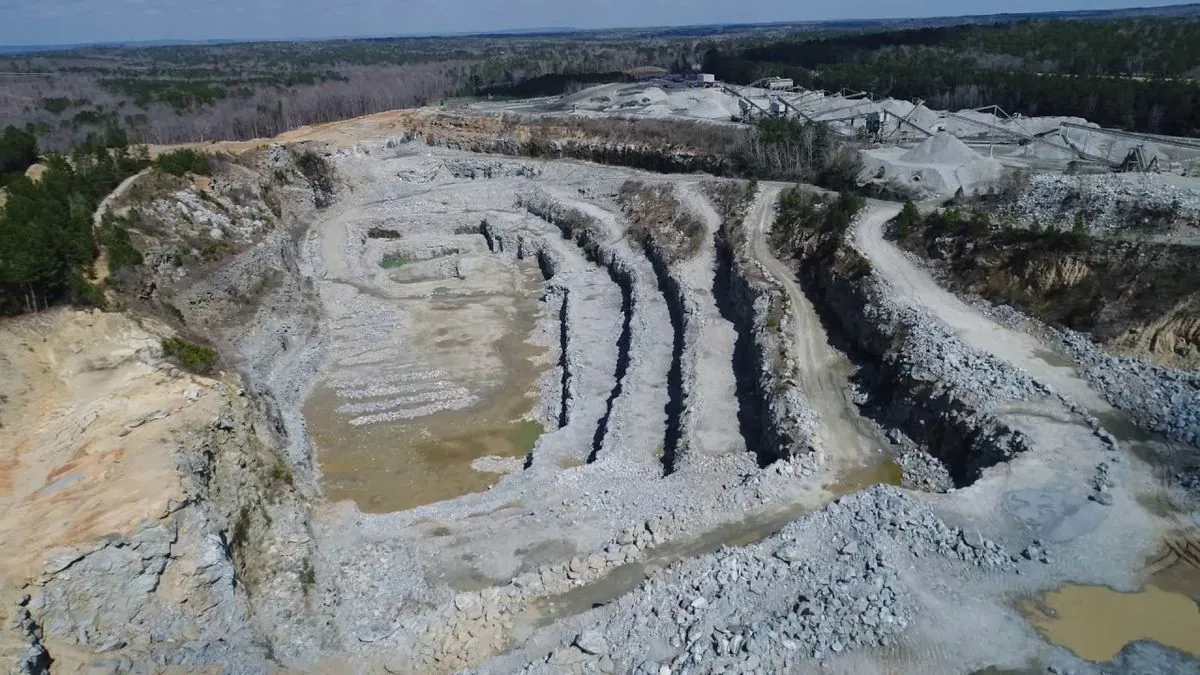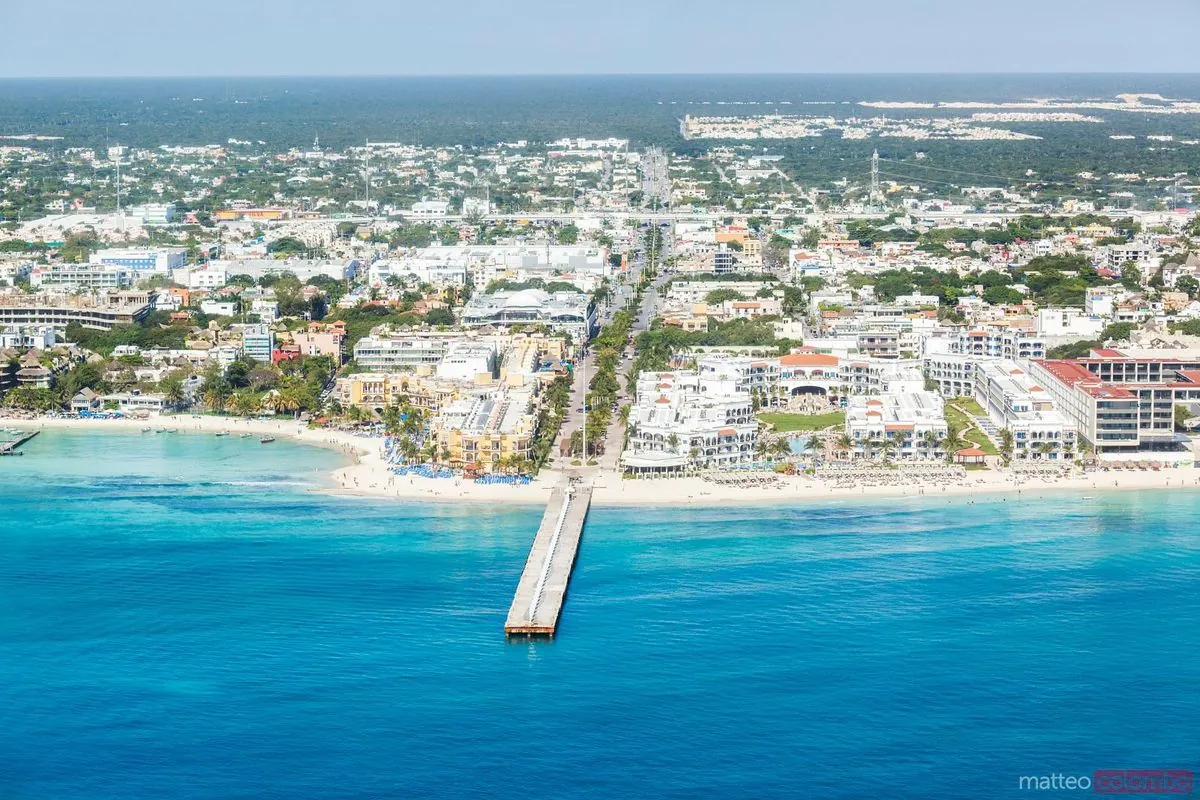Mexico Declares US Quarry Land Protected, Sparking Trade Dispute
Mexican government's decree effectively expropriates American company's Caribbean property. Vulcan Materials claims violation of trade agreement, threatening legal action in escalating US-Mexico tensions.

In a controversial move, the Mexican government has effectively expropriated land owned by Vulcan Materials, an Alabama-based quarry company, on Mexico's Caribbean coast. The decision, announced through a decree by Mexico's Interior Department on September 23, 2024, has ignited a trade dispute between the two nations.
The decree designates Vulcan Materials' seaport and quarries as a natural protected area, effectively prohibiting the company's activities on its own property. This action follows a series of threats and offers by President Andrés Manuel López Obrador, who had previously suggested expropriating the land or purchasing it for approximately $385 million to transform it into a tourist attraction.
Vulcan Materials swiftly responded, asserting that the decree violates the United States-Mexico-Canada Agreement (USMCA), which replaced NAFTA in 2020. The company stated, "This illegal measure will have a long-term paralyzing effect on trade and investment relations between Mexico and the United States." They have vowed to pursue all available legal channels to contest the decision.

The disputed property, spanning nearly 6,000 acres (2,400 hectares), is located just south of Playa del Carmen, a former fishing village that has grown into a major tourist destination. The area is part of the Yucatán Peninsula, home to the world's longest known underwater cave system and numerous cenotes - natural sinkholes filled with groundwater that are crucial to the region's ecosystem.
Vulcan Materials values the property at $1.9 billion, significantly higher than the Mexican government's previous offer. The company rejected the buy-out proposal in June 2024, stating it "substantially undervalues our assets."
The Mexican government's decree has raised eyebrows due to its peculiar boundaries, which closely follow the company's property lines. While the stated purpose is to protect local flora and fauna, critics argue that the seaport and stone quarries are already disturbed areas that would contribute little to conservation efforts.
"We want to use the flooded pits as 'swimming pools' or an 'ecotourism' area operated as a concession by a private operator."
This move contrasts sharply with the government's recent actions in the region, including the clearing of vast swathes of native jungle to construct the Mayan Train, a tourist railway project connecting major archaeological sites and destinations in the Yucatán Peninsula.
The dispute also centers on environmental concerns. López Obrador has accused Vulcan Materials of damaging the fragile underground river and cave systems in the area through their limestone quarrying activities. However, the company refutes these claims, stating, "Our operations have not adversely affected underground caves, cenotes, or archaeological sites. In fact, we have mapped, protected, and preserved these valuable resources."
Limestone quarrying has been a significant industry in the Yucatán Peninsula for centuries, with the material used in the construction of many ancient Mayan cities. However, the region's karst landscape is particularly vulnerable to pollution and environmental damage, making it a contentious issue.
The quarry pits, now flooded, have become home to American crocodiles, a protected species listed as vulnerable by the IUCN Red List. This presents an additional challenge to any potential repurposing of the site.
López Obrador's interest in the property extends beyond environmental concerns. He has expressed a desire to convert the company's freight shipping dock - the only deep-water port on the mainland coast - into a cruise ship terminal. This aligns with the government's efforts to diversify tourism offerings beyond traditional beach resorts and promote ecotourism as a sustainable development strategy.
As the situation unfolds, it is clear that this dispute will have far-reaching implications for US-Mexico trade relations and investment. The use of international arbitration panels, common in resolving disputes under trade agreements like the USMCA, may play a crucial role in determining the outcome of this complex and contentious issue.


































